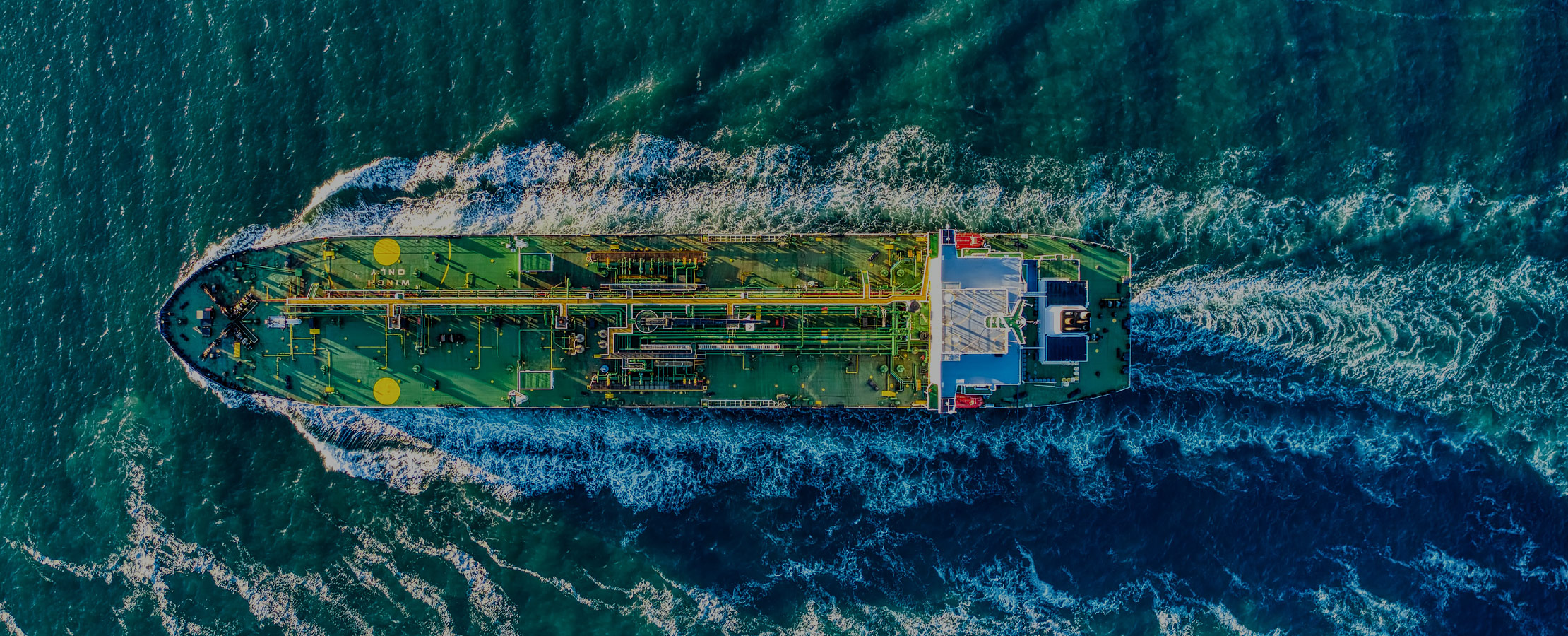Energy Security
The IEF's Commitment to Global Energy Security
Energy security and market stability are the pillars of the IEF producer-consumer dialogue. The IEF recognizes that while energy security is a shared objective, its meaning and means vary widely across nations. Each country will pursue the pathway that best serves its interests and circumstances, shaped by resources, policies, and development priorities.
Sharing Perspectives to Unlock Global Potential
The IEF does not seek to impose consensus but to foster it, through open, trust-based dialogue between producers and consumers across all energy systems. In a world where energy realities are complex and evolving, the IEF serves as the institutional home of global energy dialogue — a forum where diverse realities inform shared solutions, responsive to change and recognizing difference.
Redefining Energy Security in a Changing World
In today's rapidly changing world, the concept of energy security evolves. It is no longer defined solely by traditional energy metrics. It must also account for the complex and interconnected supply chains that underpin the growth of renewables, nuclear and new clean energy technologies.
A Holistic Approach to Resilience
A more connected and dynamic energy system demands a broader, more integrated approach to resilience. Energy security must reflect the full interconnectedness of modern supply chains and address both established and emerging risks. In this shifting and sometimes turbulent environment, resilience is not optional; it is essential. Building resilience demands pragmatic action, strong coordination, and enduring commitment to dialogue and cooperation. Through dialogue and data transparency the IEF enables pragmatic solutions and renewed engagement to meet both legacy risks and new vulnerabilities.
Opportunities and Risks in the New Energy Landscape
Building a stable and sustainable energy future will require realism as well as vision. Renewable energy systems and technological advances are reshaping the global energy landscape. They bring new opportunities to strengthen energy security, enhance resilience, and support sustainable development. As they scale and mature, their contribution to a more diversified energy system will be critical. Yet alongside these opportunities, new risks are emerging.
Integrating Innovative Risk Management into Energy Security Frameworks
To ensure secure energy systems, new risks must be recognised and addressed from the outset. They must be fully integrated into broader energy security frameworks. Vulnerabilities and interdependencies, both within and across systems, must be carefully mapped, monitored, and mitigated from the outset.
Recognizing Diverse National Realities
To build solutions that stand the test of time, ambition alone is not enough. It is essential to acknowledge the different energy security challenges countries face at every stage of development. These realities must be factored into policy design and decision-making from the beginning.
Bridging Divides Through Cooperation and Policy
Delivering global energy security requires open-mindedness, closer cooperation among institutions, and agile policies that bridge technologies, geographies, timeframes, and political divides. The IEF fosters international cooperation across regions and producer and consumer countries as well as among established and new energy institutions.
The IEF's Role as a Neutral Platform
The IEF, through its neutral platform, fosters the inclusive engagement and mutual understanding needed to bridge the diverse interests of its members and the broader stakeholder community, creating the space to identify, test, and better understand differences with the aim of deepening mutual understanding, and facilitating better-informed decisions.
A Shared Vision for Inclusive Energy Security
By bringing together perspectives from conventional and emerging energy systems, the IEF ensures that all stakeholders have a voice in shaping a more inclusive, adaptive, and enduring framework for global energy security. In doing so, it helps lay the foundations for strategic foresight, stable markets, and a just, equitable transition.
Advancing Dialogue and Market Transparency
Dialogue and collaboration on energy security, market transparency, spare capacity, inventories, and emergency response have never been more critical.
Strengthening Insight Through Data and Dialogue
The IEF undertakes expert roundtables, issues reports, and promotes analysis to strengthen understanding of energy market dynamics and emerging risks. It also works closely with member countries, industry, and partner organizations to deepen collective insight and advance the global energy dialogue.
Promoting Data Transparency Through JODI
Through its stewardship of the Joint Organizations Data Initiative (JODI), a unique collaboration among the IEF, APEC, Eurostat, GECF, IEA, OLADE, OPEC, and UNSD, focused on enhancing global energy data transparency and building statistical capacity, the IEF leads a global effort to improve energy data transparency and build statistical capacity across diverse regions and sectors.
Building Shared Understanding Through Trilateral Collaboration
Building on the IEF’s neutral platform for sustained engagement beyond the headlines, the IEA-IEF-OPEC trilateral dialogue has evolved into a unique platform for sustained, high-level engagement. It brings together policymakers, analysts, industry, and academia to share insights that seldom surface in other settings. From annual Symposia on Energy Outlooks to focused technical workshops, it lays the groundwork for more informed and effective responses to shared energy challenges.
Navigating Complexity with Confidence
Through these initiatives and others, the IEF helps equip stakeholders with the insight and confidence needed to navigate an increasingly complex energy landscape.
A Call for Balance and Cooperation
Building a resilient and inclusive energy future calls for cohesive energy policy and industry strategy to dynamically balance the evolving energy security interest of different stakeholders. This is achieved through the enduring commitment of IEF members to ongoing and data driven dialogue on the neutral IEF platform.


